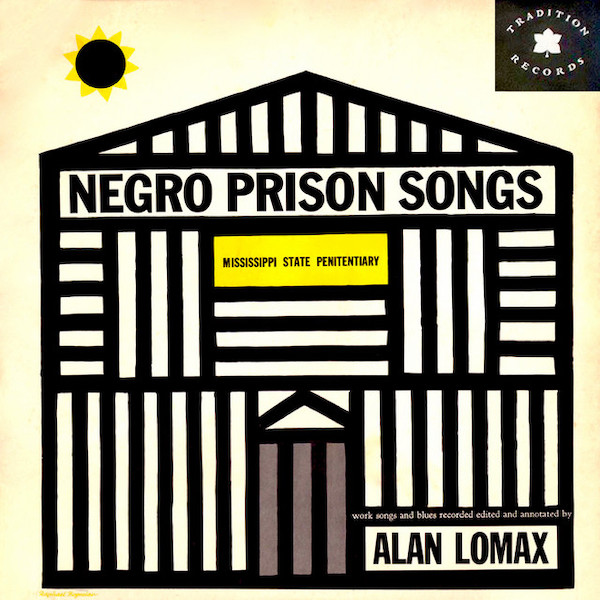2. Various ArtistsMurderers’ Home

This is an anthology of recordings Alan [Lomax] made of worksongs sung in the Mississippi State Penitentiary, also known as Parchman Farm, in 1947. I worked on this very early on after meeting Alan [in 1953, at an English folk club, after which they became lovers and colleagues]. I was given the task of transcribing the words.
There were lots of them I didn’t understand at first, but then I listened, and I still think this is some of the most powerful music I’ve ever heard. It’s stately, noble music, made out in the fields. You can feel the air around these incredible voices. The position these prisoners had been put in was dreadful, and when I went out to America to record with Alan it was during segregation. The white Southerners I met casually were always the people I was very nervous of. I remember recording Sacred Harp Music in Alabama – this uplifting, thrilling, raucous music – and telling this old farmer we were going to Mississippi to record black musicians. He said, ‘We don’t want no n**\r come here’, and said how they’d run a man to death out of town. I’ve never forgotten the horror of that.
I felt very ashamed during that trip as a white person, but Alan had such a rapport with everyone, and Black musicians took him in and accepted him, because they could see how much love he had for their music. When I see the protests today, I think of being in America then, and how much has changed, but also how much really hasn’t. Some things have taken far too long.


